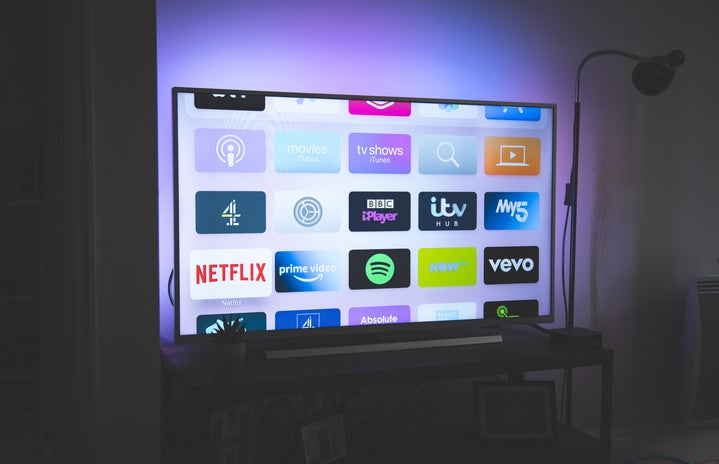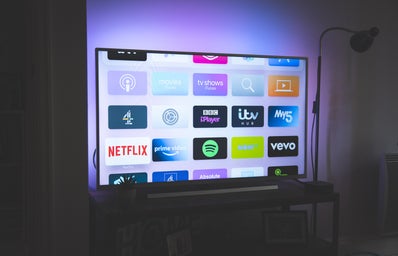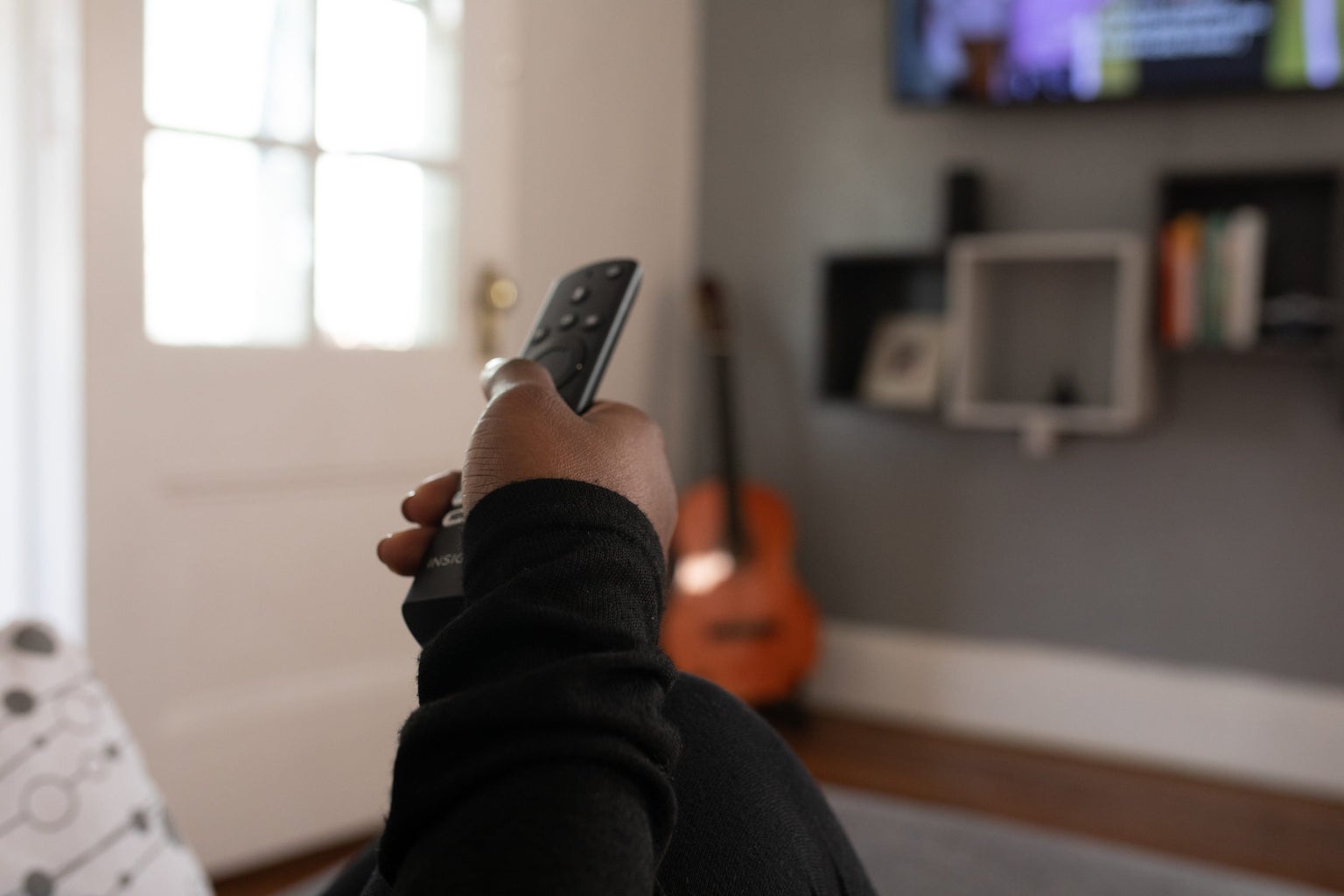Netflix’s new hit show “Squid Game: The Challenge” has become a site of contention in popular culture, with The New York Times outlining the irony in turning the beloved show into an actual competition. After all, the original had powerfully called out exploitation systems that make people ruthlessly challenge each other for money. The new show sees the contestants dress in similar outfits, do the same games, and betray alliances, exactly like the original. And yet, the show has gained mass popularity, perhaps portraying that audiences cannot stay away from reality TV, even if they disagree with the premise of the show. Which begs the question: why are we all so attracted to this form of TV?
In 2015, ITV2 premiered its newest dating show “Love Island” which has quickly become one of the most recognizable dating shows in the modern world. The show revolves around contestants gathered in a luxurious villa, where they date new singles until they find the one they want to settle down with. The contestants are filmed almost non-stop via tiny security cameras placed around the villa, with audiences getting a new episode 6 days a week. Viewers of the show are non-stop connected to the “characters”, and rapidly await when the next fight, elimination, and date, will happen.
Audiences became so vicious to the characters, that ITV2 had to ban the families of the contestants from posting for their loved ones. Despite not knowing the people at all, viewers of the show felt like they did. Perhaps, because the constant surveillance makes the audience feel like they do.
Surveillance has led people into a fake kind of “closeness” between them and the people on the show. Reality TV programs also show a very minimal amount of footage compared to how much they film, and label people into boxes such as “villain” and “hero”. This characterization and surveillance have ultimately made people root for the hero, as they feel like they know them. If the characters on a reality show feel like your best friend, then the show becomes more addictive, especially if they are standing in opposition to the “bad” figure that must be eliminated. This game of favorites has quickly made reality TV appealing to global audiences.
Great works of fiction are still very popular in the digital age. #BookTok boasts 200.9 billion views on TikTok, with young girls fanning over which author has released the best book this month. Movies and TV shows are still massively popular on social media, with fans making edits almost constantly. However, the allure of reality TV lies elsewhere. When people are reading an amazing book, or watching a new movie, they know that it’s fiction. After all, magic doesn’t exist in real life. But, reality TV makes everything “real”, so that the entertainment value of a “real” fight between contestants consumes mass attention. Audiences are bound to tune in to the next episode for the result of the “real” fight.
Reality TV has become a site of mass attention. Do people enjoy the idea of surveillance? Or the feeling they get when the hero wins it all? What is sure is that this form of TV does not seem to be going anywhere. What audiences can do is understand that even when TV is branded “real” it might be a great work of fiction, just like their beloved books, and that interpersonal relationships can be as dangerous as they are exciting.






